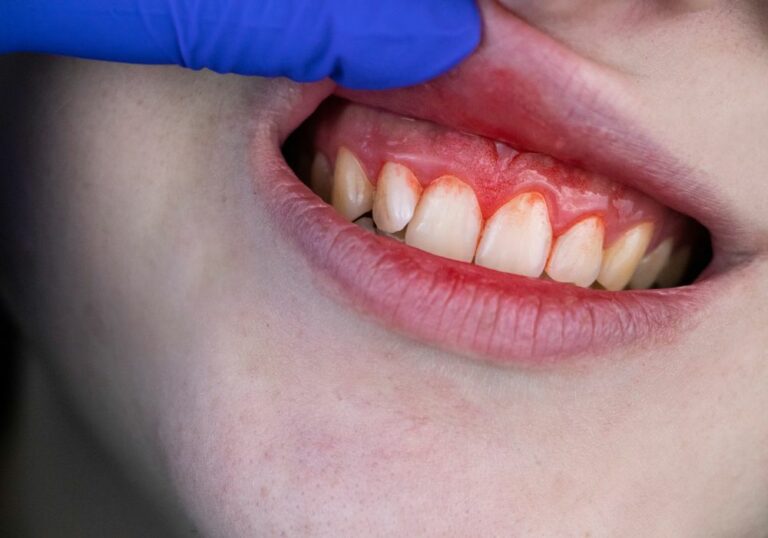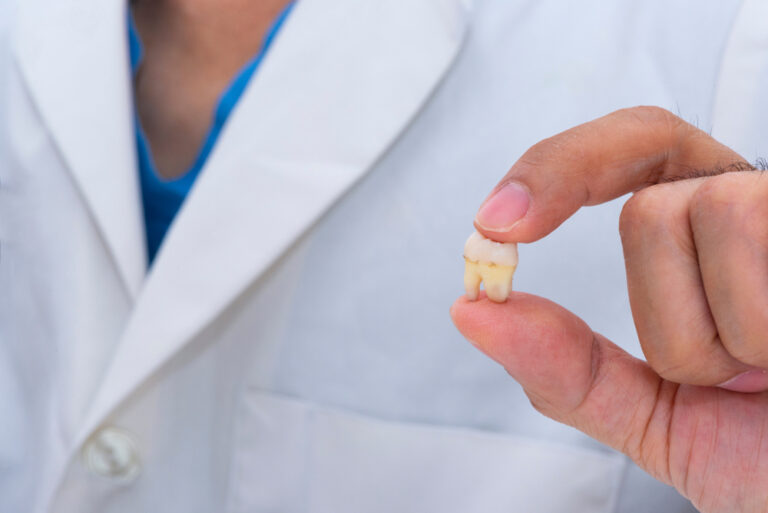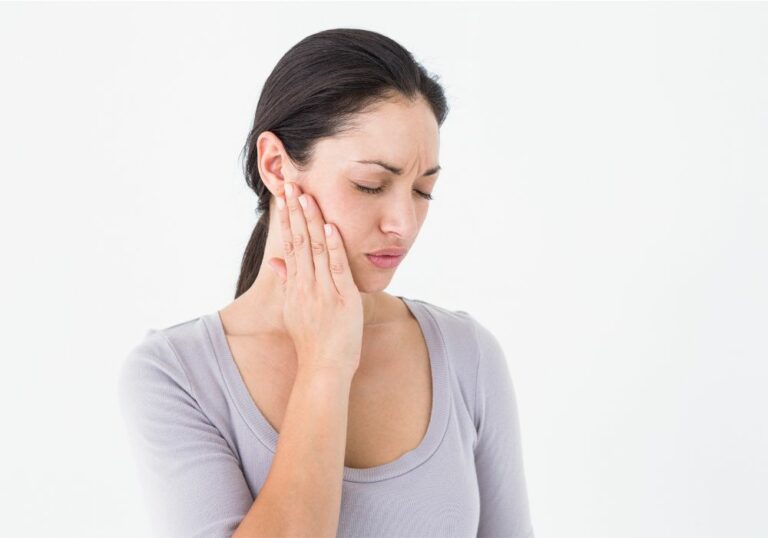What is erythritol?
Erythritol is a naturally occurring sugar alcohol that is used as a popular sweetener and sugar substitute. It was first discovered in 1848 by a Scottish chemist named John Stenhouse, who extracted erythritol crystals from algae. But it took over a century before erythritol started being produced commercially and approved as a food additive.
In the 1990s, a Japanese company named Nikken Chemicals developed methods to extract and purify erythritol from corn in higher volumes. This allowed erythritol to start gaining wider use globally as a sweetener. Today, erythritol is commonly manufactured from glucose extracted from corn using fermentation.
Erythritol has 60-80% the sweetness of table sugar but contains almost no calories. It has a glycemic index of zero and does not raise blood sugar levels. Erythritol occurs in small amounts naturally in some fruits like grapes, pears, melons, and mushrooms. It is also produced during fermentation in foods like cheese, wine, beer, and soy sauce.
Some key facts and health benefits about erythritol:
- Has 95% fewer calories than sugar – about 0.2 calories per gram rather than 4 calories.
- Does not impact blood glucose or insulin levels, making it safe for diabetics.
- Well-tolerated in the body and unlikely to cause stomach upset when consumed in normal amounts.
- Does not promote tooth decay – cannot be metabolized by oral bacteria into acids.
- Has antioxidant properties and may help reduce inflammation and cell damage from free radicals.
- May improve vascular function and blood flow when substituted for sugar.
- Fermented from glucose using yeast makes it vegan-friendly and GM-free.
- Has a clean, sweet taste without an aftertaste like some other sugar alcohols.
- Is stable at high temperatures, making it suitable for baking.
Along with its popularity as a tabletop sweetener, erythritol is commonly used in commercial foods and beverages to reduce sugar content. It is found in products like ice cream, candy, baked goods, chewing gum, nutrition bars, soft drinks, and juices. Erythritol blends well with other sweeteners and masks bitter flavors.
Overall, erythritol provides many of the positive attributes of sugar – mainly sweetness – without the negative drawbacks like tooth decay, blood sugar spikes, and excess calories. This makes it an attractive choice as a sugar substitute. The usage of erythritol continues to grow as more consumers seek lower calorie, low glycemic alternatives to sugar.
Is it safe to use erythritol for brushing teeth?

The safety of erythritol is well-documented in many human and animal studies. It has received GRAS status (Generally Recognized as Safe) from the U.S. Food and Drug Administration. No serious side effects have been reported even with high doses of erythritol.
When consumed in normal amounts, erythritol does not get absorbed through the bloodstream into the body after ingestion. The vast majority – around 90% – gets excreted unchanged through urine. This highlights the safety of erythritol, as most consumed erythritol does not even reach systemic circulation.
Some minor side effects can occasionally occur if excessive amounts of erythritol are consumed. The common issues are:
- Bloating and flatulence.
- Nausea and stomach rumbling.
- Diarrhea.
These gastrointestinal effects are temporary and resolve once intake is reduced. The laxative threshold for erythritol is estimated to be around 50 grams per day – far beyond what someone would consume in a tooth brushing solution.
There are no known issues or contraindications with using erythritol topically on teeth and oral tissues either. Overall, research indicates erythritol is non-toxic even at high doses. Using a small amount dissolved in water to brush teeth should pose no safety risks.
Why can’t bacteria feed on erythritol?
The unique structure of the erythritol molecule makes it resistant to metabolism by oral bacteria. Erythritol lacks the carbonyl group that bacteria use to break down and ferment sugars into acids. Attempting to digest erythritol requires energy from the bacteria – so it essentially starves bacteria rather than feeding them like sucrose and glucose do.
Additionally, oral streptococci strains – including Streptococcus mutans that are largely responsible for cavities – lack the major enzymes needed to use erythritol as an energy source for growth. These bacteria do not have the transport systems to move erythritol into the cell either.
Without the cellular machinery or enzymes to metabolize erythritol, oral bacteria cannot produce acids from erythritol that demineralize and decay tooth enamel. In vitro studies show almost no acid production from erythritol by S. mutans, even at high concentrations.
Xylitol is one of the only other sweeteners that bacteria cannot metabolize, making it non-acidogenic like erythritol. Limiting acid production is key for reducing the incidence of dental caries.
Can you make an effective erythritol toothpaste?
While erythritol alone dissolved in water can make a pleasant mouthwash, it lacks the cleansing and antibacterial agents needed in a daily toothpaste. Erythritol does not contain surfactants for foaming action or abrasives for scrubbing.
However, it is possible to make an effective DIY erythritol toothpaste by combining it with other ingredients:
- Base ingredients: Erythritol powder and water for sweetener and solution base. Vegetable glycerin can be added for thickness.
- Abrasives: Baking soda (sodium bicarbonate), calcium carbonate, sea salt, bentonite clay, or bamboo powder for gentle physical scrubbing to remove plaque.
- Surfactants: Castile soap, coconut oil, sodium laurel sulfate (in small amounts), or lecithin for foaming action.
- Antimicrobials: Essential oils like peppermint oil, clove oil, tea tree oil, thyme oil, cinnamon oil, etc. for antibacterial, antifungal, and cleansing effects. Xylitol can also be included.
- Flavors: Peppermint, cinnamon, citrus oils, vanilla, etc. for taste and freshness.
- Miscellaneous: Hydroxyapatite, calcium phosphate salts, or xylitol to help remineralize enamel. Vitamin C and vitamin E as antioxidants.
The ingredients would be combined at suitable ratios and mixed into a paste. Vegetable glycerin, coconut oil, and soap help bind the ingredients. This erythritol toothpaste would provide mild abrasion for plaque removal, microbial action against pathogens, and remineralization – while also delivering the benefits of erythritol for preventing cavities.
How does erythritol help strengthen enamel?
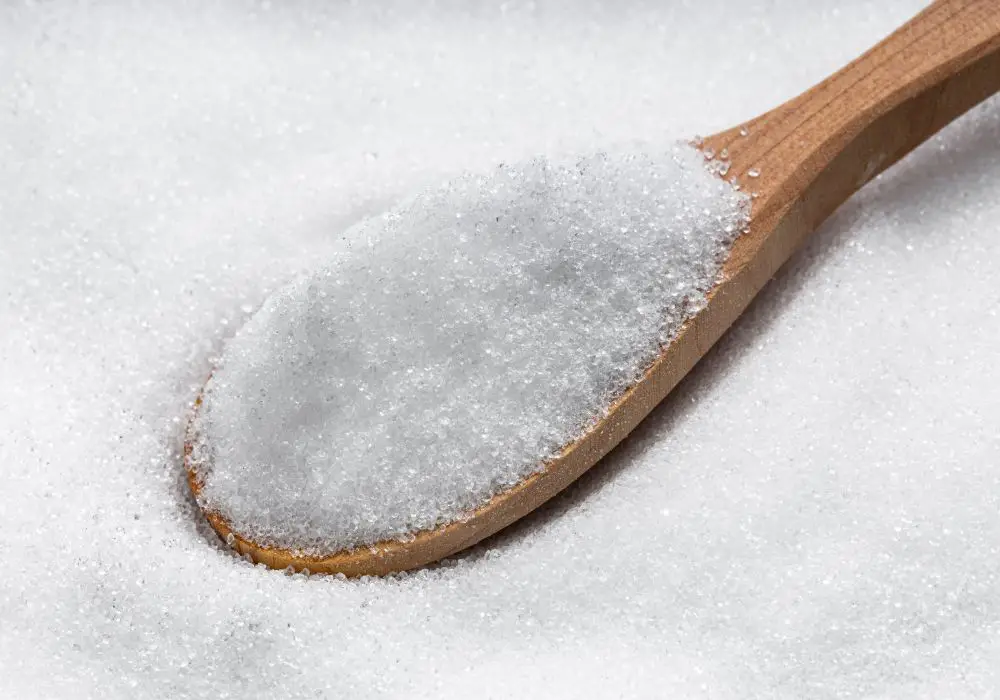
While erythritol is not directly incorporated into the tooth enamel structure like minerals such as fluoride, it can help strengthen enamel indirectly in several ways:
1. Reduces Demineralization:
Bacteria cannot metabolize erythritol into acids that dissolve enamel minerals. This is the primary way erythritol protects enamel.
2. Promotes Remineralization:
The sweet taste of erythritol encourages saliva flow. Saliva contains calcium and phosphate ions that remineralize eroded enamel.
3. Disrupts Biofilm:
Some evidence suggests erythritol may inhibit bacterial adhesion and biofilm formation on teeth. This protects enamel.
4. Has Antioxidant Effects:
Erythritol helps reduce oxidative stress from free radicals, which can damage teeth. Its antioxidant properties may help preserve enamel.
5. Suppresses Bacteria:
Studies indicate erythritol can suppress growth and expression of decay-causing bacteria like S. mutans, protecting enamel.
So while erythritol does not directly contribute minerals, using it to brush teeth may strengthen enamel by promoting remineralization and limiting demineralization and bacterial acid production. More clinical studies are still needed to confirm the potential enamel-strengthening effects of erythritol.
Potential oral health benefits of erythritol tooth brushing solution
Brushing with an erythritol solution offers these advantages for better oral health:
Fresher Breath
The clean, sweet taste leaves the mouth feeling refreshed. Erythritol does not cause bad breath like sugars.
Reduced Tooth Decay
Bacteria cannot produce acids or plaque using erythritol. Replaces sugar with non-cariogenic sweetener.
Toxin Neutralization
Increased saliva flow helps wash away acids, food debris, and bacterial toxins from the mouth.
Plaque Removal
The abrasive texture from dissolved erythritol particles can provide mild physical removal of plaque.
Cavity Prevention
Coats teeth with non-acidic erythritol to help strengthen enamel and prevent demineralization.
Improved Brushing Habits
Sweet taste motivates longer brushing time and makes it more enjoyable.
Potential Antimicrobial Action
Some evidence indicates erythritol has direct bacteriostatic effects against dental pathogens.
Buffered pH
Erythritol may help neutralize acid in the mouth and raise plaque pH.
Enhanced Remineralization
Increased saliva carries more calcium and phosphate ions to remineralize enamel.
Kid-Friendly
Sweet taste gets kids excited about brushing. Sets lifelong habits.
These benefits make erythritol a promising supplemental addition to a regular oral hygiene routine with fluoride toothpaste. More clinical research is still needed to confirm effects.
Drawbacks and risks of using erythritol for teeth brushing
While the benefits are promising, there are some potential drawbacks and risks to consider with using an erythritol teeth brushing solution:
GI Side Effects
Excessive erythritol consumption could lead to bloating, nausea, or diarrhea in sensitive individuals.
Texture
Gritty, grainy texture of dissolved erythritol may bother some people.
Requires Rinsing
Must thoroughly rinse mouth after brushing to avoid ingesting too much erythritol.
Taste
Some people may dislike the intense sweetness and lack of minty freshness.
Not a Complete Toothpaste
Lacks fluoride, minerals, surfactants, and antiseptics in regular toothpaste.
Enamel Abrasion
Potentially abrasive on enamel if brushed aggressively for too long.
High Cost
Erythritol is much more expensive than regular white table sugar.
Bacterial Resistance
Some bacteria may develop ways to metabolize and grow on erythritol over time.
Limited Evidence
More clinical studies are needed to confirm the efficacy of erythritol for oral health.
Overall, erythritol tooth brushing seems low risk but should be used occasionally as a supplement to regular fluoride toothpaste, not as a replacement. Those with prior sensitivity to polyols may want to exercise caution as well.
Tips for using erythritol as a tooth brushing solution
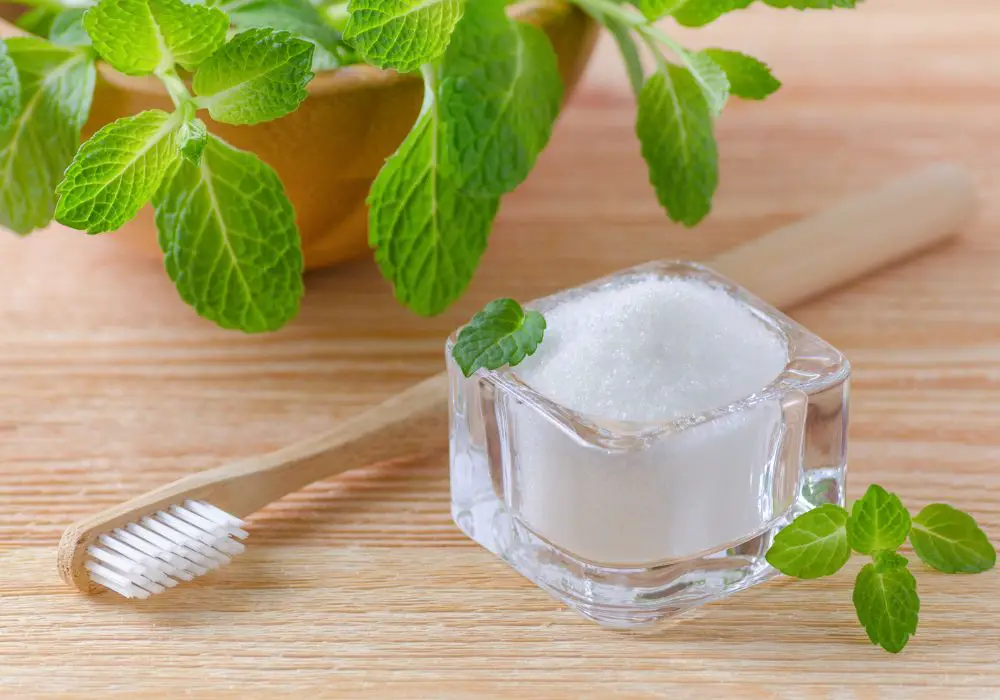
To maximize the oral health benefits of brushing with erythritol, follow these tips:
- Only use erythritol occasionally, not daily long-term due to potential GI side effects.
- Stir and dissolve the erythritol thoroughly in water before brushing for a smooth texture.
- Do not brush aggressively with an erythritol solution to avoid possible enamel abrasion over time.
- Target using erythritol most after meals and sugar consumption when your teeth are most vulnerable to acid attacks.
- Spit out the erythritol solution after brushing – do not swallow. Rinse mouth thoroughly with plain water.
- Store your erythritol tooth solution covered in the fridge and remake every 7-10 days to prevent bacterial growth.
- Consider adding a few drops of antibacterial essential oils like peppermint oil or tea tree oil.
- Follow up erythritol brushing with dental flossing to clean plaque from between teeth.
- Keep bottles of the erythritol solution out of reach of young children to prevent accidental swallowing.
- Talk to your dentist before using erythritol long-term for brushing instead of traditional toothpastes.
Being mindful of these tips will help maximize the oral health benefits of erythritol while minimizing any potential drawbacks.
How does erythritol compare to xylitol for oral health?
Erythritol and xylitol are two of the most popular sugar alcohols used in oral health products. They share many similarities but also have some key differences:
Sweetness: Xylitol has about the same sweetness as regular sugar while erythritol is slightly less sweet, about 70% as sweet as table sugar.
Calories: Xylitol has about 2.4 calories per gram. Erythritol only has 0.2 calories per gram.
Side Effects: Xylitol is more likely to cause digestive upset and diarrhea compared to erythritol.
Cost: Erythritol is more expensive, about 2-3 times the cost of xylitol.
Flavor: Xylitol has a mild cooling effect. Erythritol has a fast sweetness.
Antimicrobial Effects: Xylitol has stronger plaque-reducing and antibacterial properties compared to erythritol.
Tooth Decay: Both sweeteners significantly reduce cavities but xylitol may have a slight edge. However, erythritol is non-fermentable by nearly 100% of oral bacteria while a small portion can use xylitol.
Baking Stability: Erythritol better retains its sweetness when heated, making it more suitable for baking.
Both polyols have an excellent safety profile and provide tooth-friendly, non-acidogenic sweetness. They are among the best sugar alcohol choices for oral health. Erythritol has some advantages like lower calories and better stability. But xylitol may have slightly stronger antimicrobial effects. Overall, erythritol and xylitol can both support oral health when used instead of sugar, but neither should completely replace fluoride toothpaste.
Potential concerns and cautions when using erythritol for oral care
While erythritol has many beneficial properties for oral health, there are some cautions to keep in mind:
- Do not use erythritol tooth solution everyday long-term. Use occasionally as a supplement to minimize risk of GI side effects.
- Rinse mouth thoroughly with water after brushing erythritol to avoid swallowing excessive amounts which may cause diarrhea or bloating.
- Do not let children use erythritol unsupervised – teach them to rinse thoroughly and use only a small amount.
- Do not wet or rinse your brush before dipping in erythritol as it may dissolve too quickly and increase chances of swallowing.
- Clean your toothbrush thoroughly after use to remove any residual erythritol that could allow bacterial growth on the brush.
- Check for enamel abrasion at dental cleanings if brushing with erythritol long-term. Adjust technique if needed.
- Be aware some bacteria may adapt the ability to utilize erythritol over time, reducing its cavity-fighting benefits unless the formula is altered.
- Do not use erythritol tooth solution immediately before eating, only as an after-meal tooth brushing rinse.
- Consult your dentist before using erythritol solution long-term, especially if you have digestive sensitivities or dental issues.
Exercising proper precautions allows you to gain the rewards of better oral health from erythritol without potential downsides. Use erythritol as a supplement to regular oral care, not a replacement.
Conclusion
Erythritol is a promising sugar alcohol for supporting better oral health. Due to its unique structure, oral bacteria cannot metabolize erythritol to produce cavities or acidify dental plaque. While not a complete alternative to fluoride toothpaste, erythritol offers benefits like plaque and bacteria reduction, acid neutralization, and enamel remineralization.
Making a simple erythritol tooth brushing solution with water allows you to gain these advantages without excessive calories or carbohydrates. With careful use, erythritol can be a helpful addition to brushing with regular toothpaste and flossing as part of an effective oral hygiene regimen. Just be mindful of potential GI side effects with overconsumption. Overall, erythritol can play a positive role in promoting healthy teeth and gums.
Frequently Asked Questions
Can I use erythritol every day to brush my teeth?
It’s not recommended to use erythritol daily long-term. Use it occasionally as a supplement to regular fluoride toothpaste for the best oral health. Extended use could cause stomach upset.
Is erythritol abrasive like other natural tooth powders?
Pure erythritol dissolved in water creates a smooth solution. But like any fine grainy particles, erythritol crystals could potentially damage enamel if aggressively scrubbed for long periods. Gentle brushing minimizes any abrasion risks.
How does erythritol prevent cavities?
Cavity-causing bacteria cannot metabolize erythritol to produce the acids that erode tooth enamel. Using erythritol instead of sugar starves these bacteria. Brushing with erythritol also continually coats teeth with a non-acidic substance.
Can kids use erythritol to brush their teeth?
Yes, the sweet taste can make brushing more enjoyable for kids. But erythritol should only supplement regular fluoride toothpaste, not replace it entirely. Supervise young children to ensure they don’t swallow excessive amounts.
Is erythritol better than xylitol for oral health?
Both sugar alcohols are tooth-friendly and non-acidic. Erythritol may have an edge over xylitol in terms of taste and GI side effects when used in moderation. However, xylitol has slightly better antibacterial effects. Overall, they are comparable choices.


